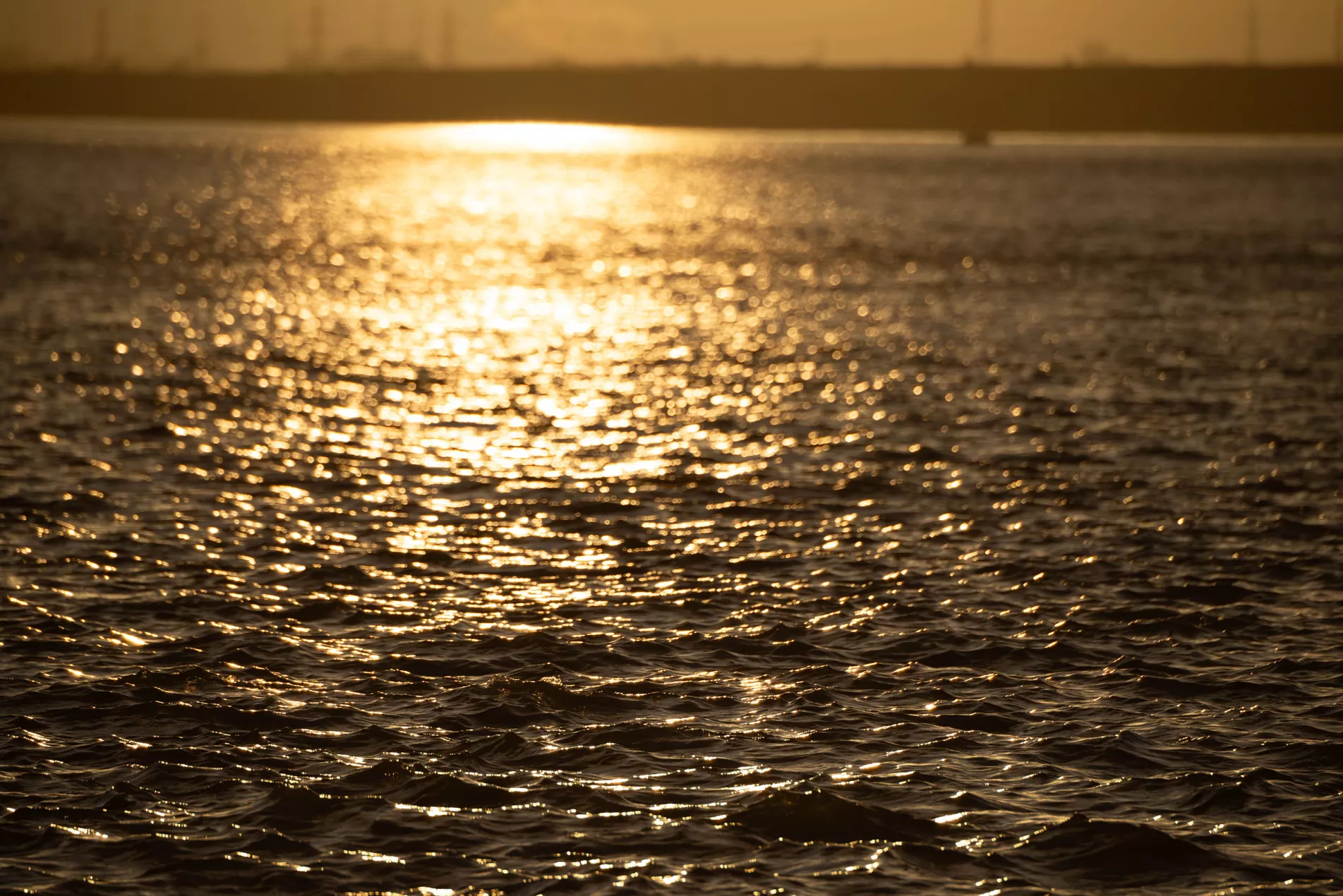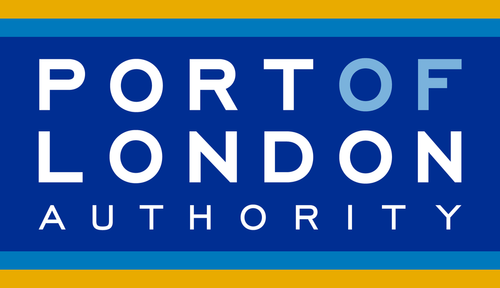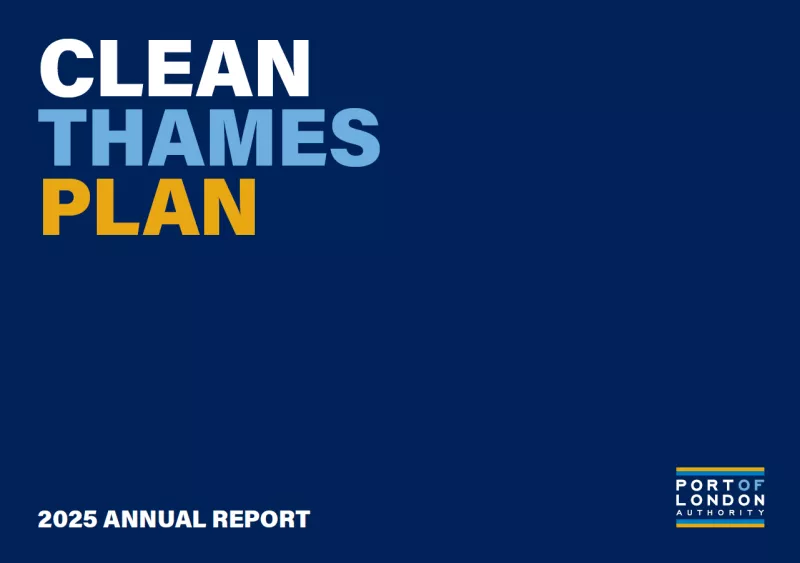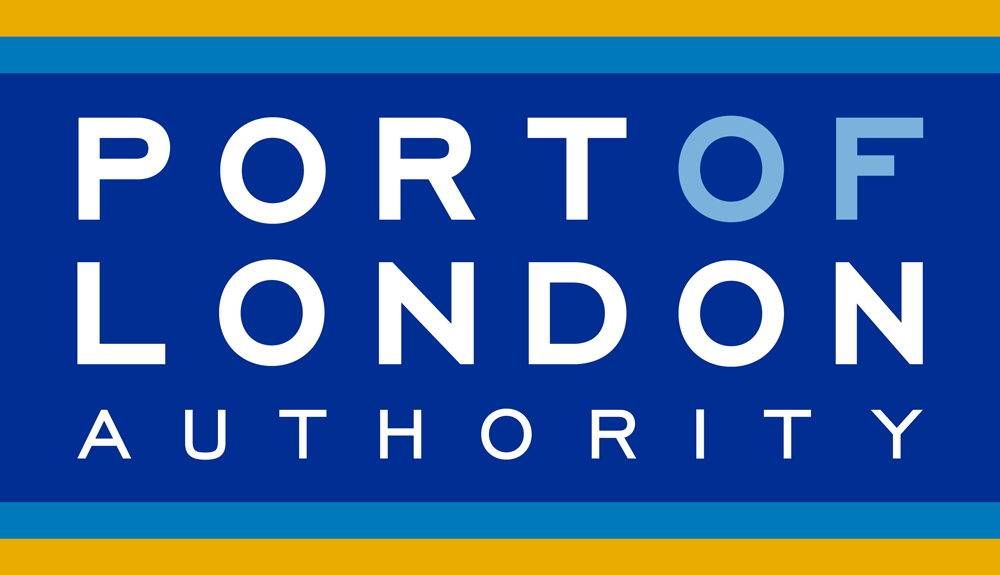Live Tides
NOTICES TO MARINERS
Charts & Surveys
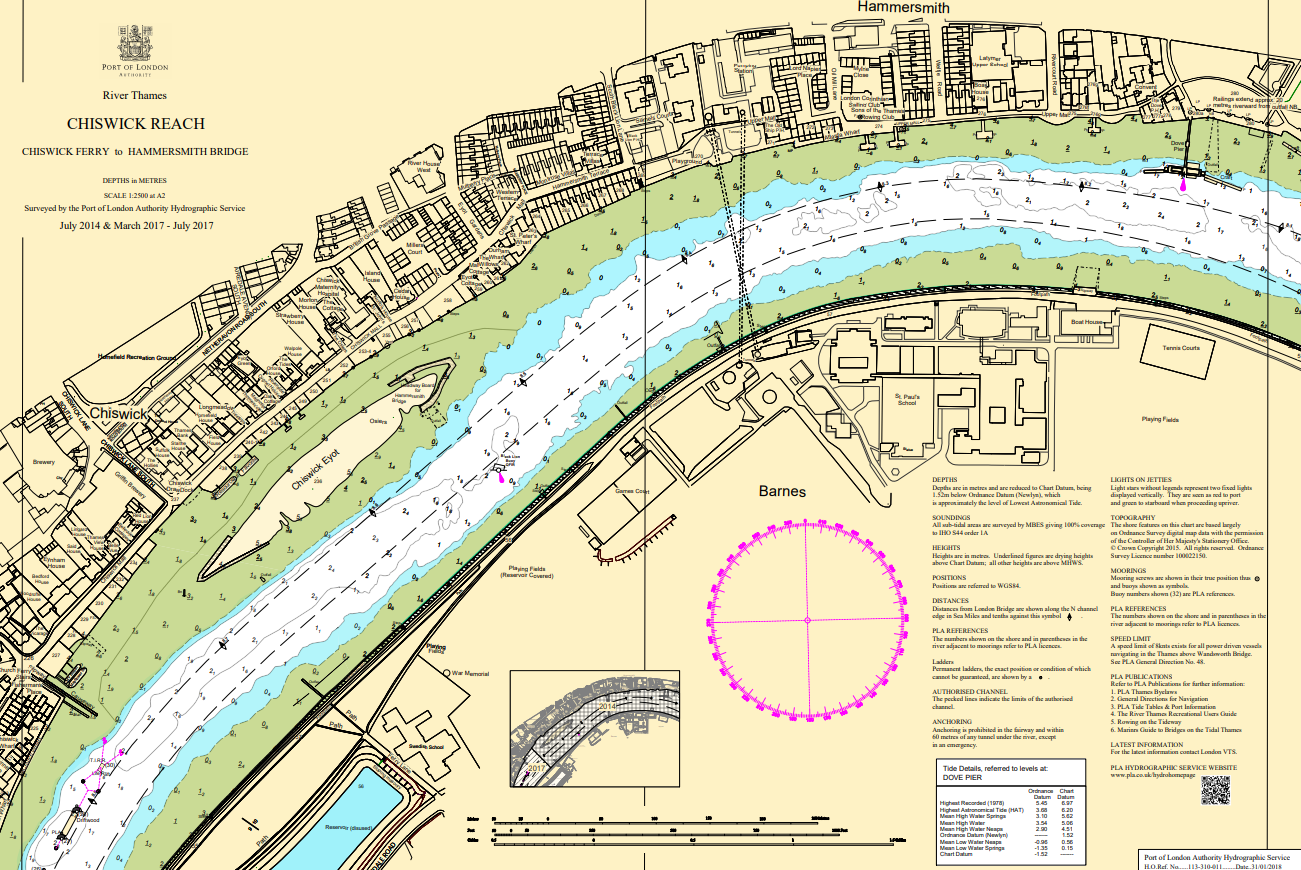
Incident reporting
Life-threatening emergencies on the river:
Call 999 and ask for the Coastguard
For near miss, safety observations and incident reporting click below
PLA Local Knowledge Endorsement: Amendment to Tripping Requirements
Consultation C05-23
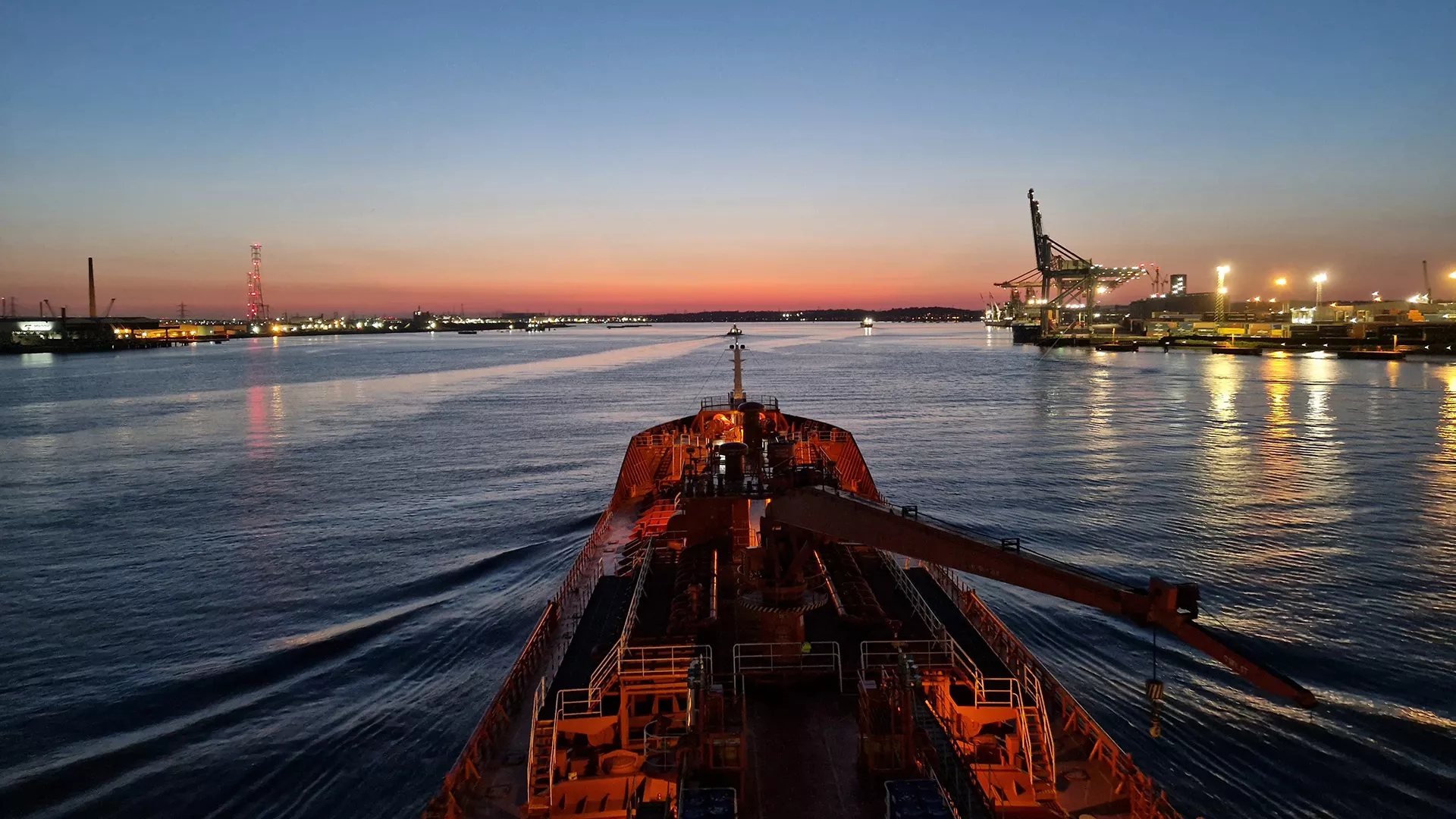
CONSULTATION STATEMENT: C05-23
This consultation ran from 26/07/2023 to 26/08/2023. The below statement has been provided to summarise the Port of London Authority’s initial response.
This report provides a concise overview of the findings from our consultation survey and highlights the main themes that were identified.
The purpose of our consultation was to address the feedback we received from river users who faced challenges in meeting the tripping requirements for a lower LKE (Local Knowledge Endorsement) and gather initial perspectives from our valued river users.
The consultation on LKE Tripping was conducted over a period of one month, from July to August. We are pleased to report that we received a significant number of survey responses, indicating a strong level of engagement from our river users. In total, we received 20 responses, which have been carefully analysed and thoroughly considered.
During the consultation process, several common themes emerged from the feedback provided by respondents. These themes have been summarised below to provide an overview of the key concerns and perspectives expressed by our river users:
- Contradiction with CPD Programme: Some respondents expressed concern that reducing tripping for the Lower LKE would contradict the upcoming CPD (Continued Professional Development) programme. They felt that the proposed changes may not align with the goals and objectives CPD to enhance safety.
- Reviewing Lower LKE Risk Assessment: Respondents highlighted the need to review the Lower LKE risk assessment to support any future decisions regarding tripping requirements. They emphasised the importance of a thorough assessment to ensure the safety and well-being of river users.
- Providing Further Information and Reasons: Some respondents requested additional information and reasons for the proposed changes to the tripping requirements. They felt that a clearer understanding of the rationale behind the changes would help them better comprehend and support the proposed modifications.
- Positive Economic & Social Impact: Several respondents viewed the proposed changes as a positive development that would contribute to the economic and social advancement of the river Thames. They believed that reducing the number of trips required could attract more users and enhance the overall river experience.
- Compromise and realistic tripping numbers: Respondents expressed varying opinions regarding the number of trips required. While some felt that 60 trips were difficult to achieve, they suggested with the use of modern technology and learning tools, a compromise could be reached. On the other hand, some respondents believed that 20 trips were more realistic and achievable.
- Safety Standards Unaffected: It was noted by respondents that although the proposed changes would result in fewer trips, the examination standards would remain the same. They emphasised that safety standards would not be compromised despite the reduction in tripping numbers.
Based on the responses received, there was an overall bias towards supporting a reduction in tripping requirements. However, we acknowledge that there were several areas of concern which require further examination before any proposals are taken forward.
The consultation results have highlighted the need for further assessment to address areas of concern and we are committed to working with river users to find a way forward that takes these concerns into account. We appreciate the valuable input of all those who participated in the consultation and would like to express our thanks for their contributions.
Lyn Kindlen-Funnell,
Harbour Master
PLA Local Knowledge Endorsement: Amendment to Tripping Requirements
Consultation C05-23
Text of the original consultation, which begin on 26/7/2023 and concluded on 26/8/2023.
1. Introduction
1.1. In July 2012 the PLA’s Thames Byelaw 22 of 2012 was implemented, which requires the Master of any commercial vessel between 40m and 13.7m length overall and those vessels under 13.7m length overall, which are engaged in passenger carriage or towing, to hold a valid PLA Local Knowledge Endorsement (LKE) for the tidal Thames.
2. The Consultation Process Affected Parties
2.1. This consultation is directed towards any commercial operator required to operate with a PLA Local Knowledge Endorsement.
Consultation Duration
2.2. This consultation is now open and will last for 30 days. It will close on 26th August 2023.
Conclusion
2.3. The information you submit may be made available to other parties. If you do not consent to this, you must clearly request that your response be treated as confidential. Any confidentiality disclaimer generated by your IT system in e-mail responses will not be treated as such a request. If you make such a request, you will not receive a response. 2.4. We appreciate all responses to our consultations, and we may contact you to reply to your feedback, however we do not respond to everyone. Replies are provided when required – such as a request for more information.
3. Responses to this Consultation
3.1. Reponses to the consultation should be sent so that they are received no later than the closing date detailed in 2.2.
3.2. Responses may be submitted via the following two methods:
A. By post:
Marine Compliance Department
Port of London Authority
London River House, Royal Pier Road
Gravesend, Kent DA12 2BG
B. By email:
[email protected]
Please include the Consultation Notice number in the subject line (located on the top right of the first page of this document – eg. CXX-2X) and reference the paragraph number for any specific comments.
4. Proposal
4.1. Presently, 60 trips are required for both the PLA LKE Lower Area (Margaretness to London Bridge), Upper Area (London Bridge to Putney) and the full PLA LKE (Margaretness to Putney).
4.2. We propose the tripping requirement for the PLA LKE Lower Area only (Margaretness – London Bridge) is reduced from 60 to 20 trips and we welcome feedback from interested stakeholders in advance of a decision.
Discover
